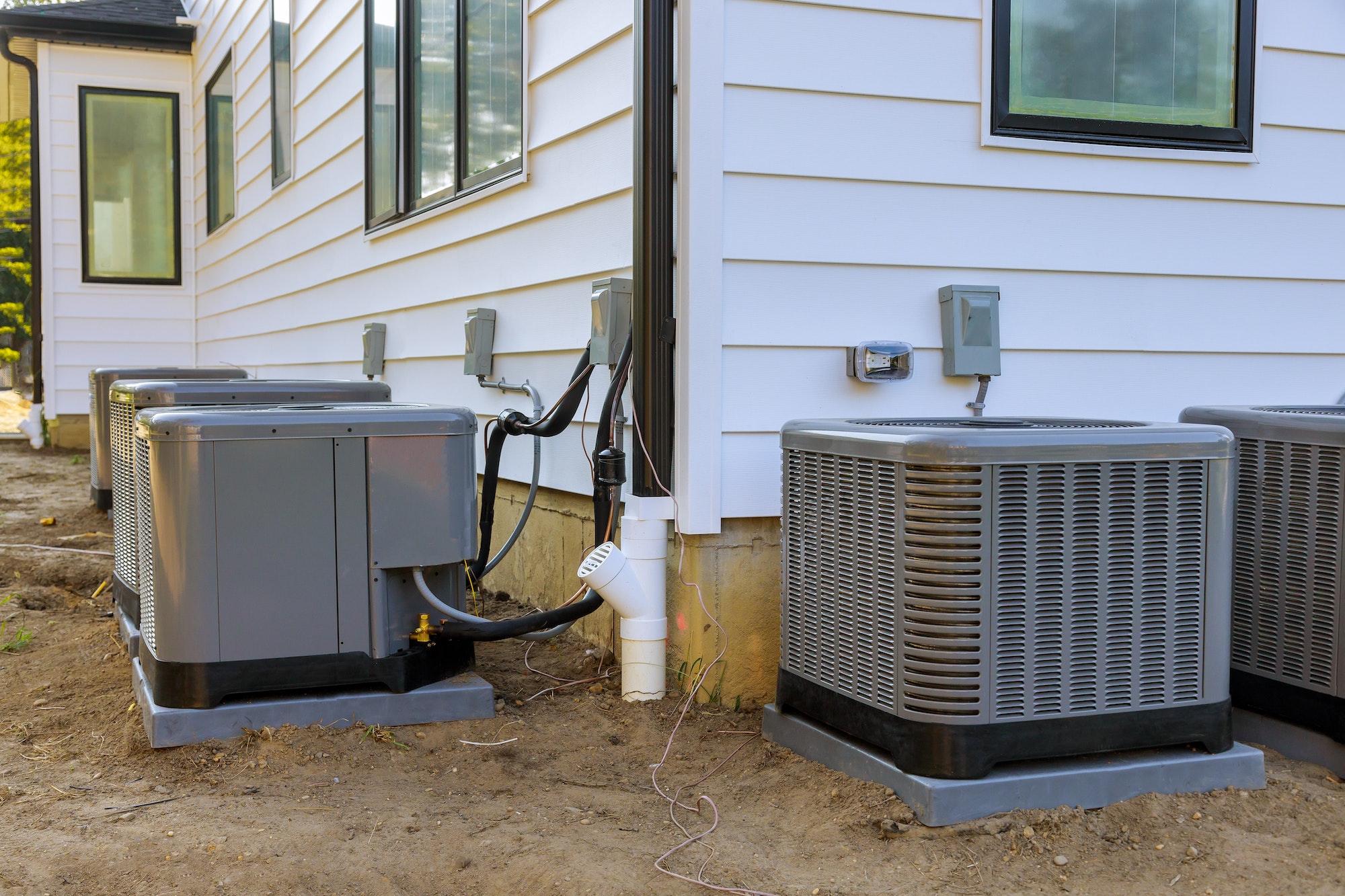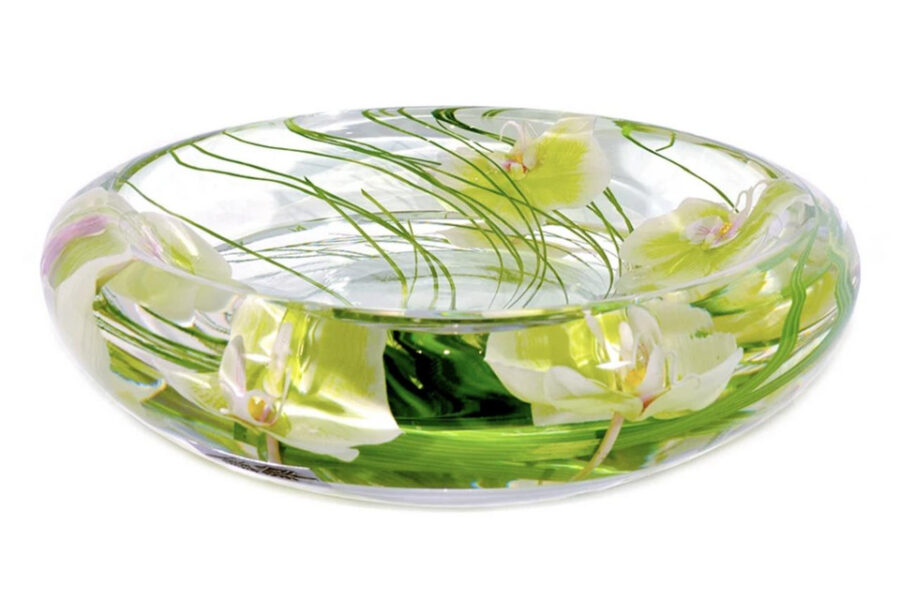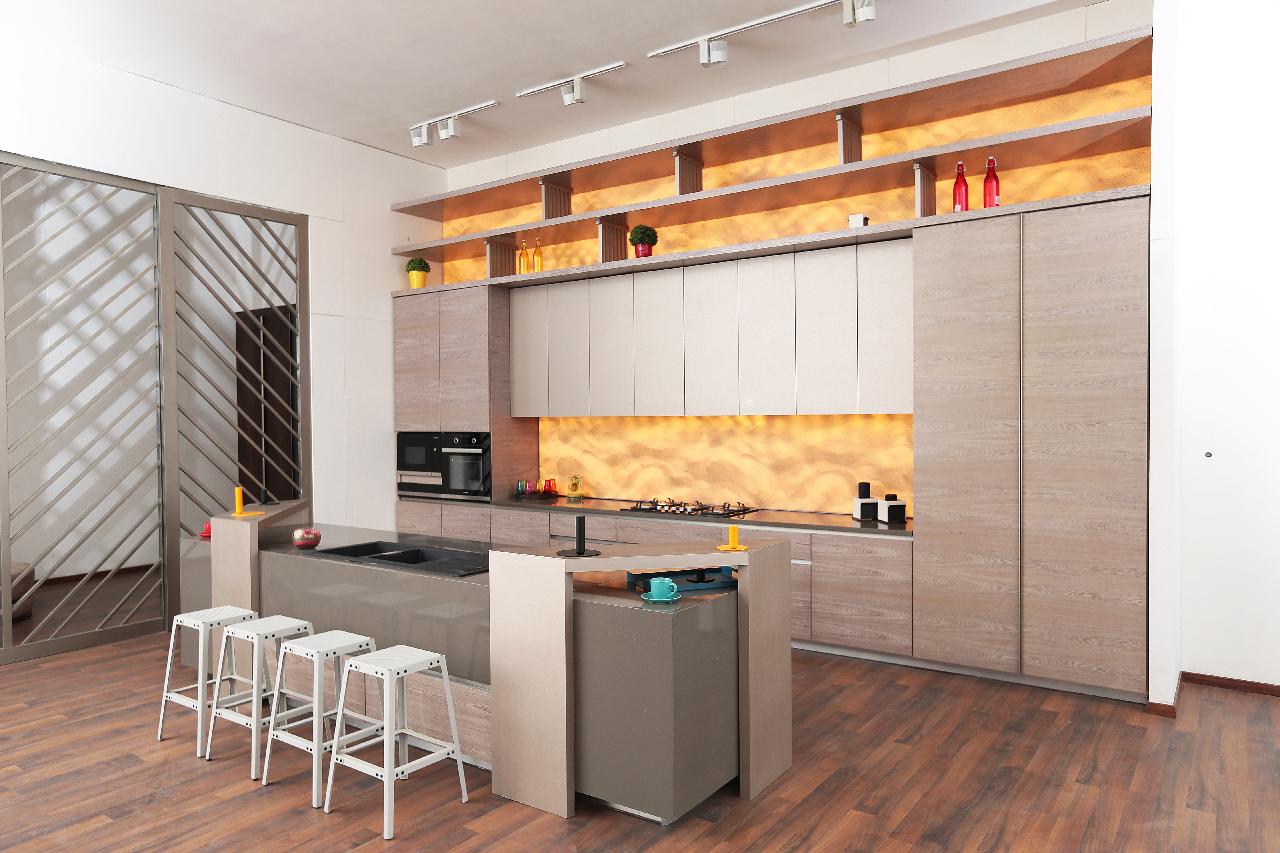An HVAC system is possibly the most essential and useful installation you can get in your house. Nearly 75% of United States houses use air conditioning systems, while 90% of newer houses utilize central air conditioning.
An HVAC system will be considered efficient if it can create a comfortable temperature that allows you to enjoy staying in your home. If you are sure about an HVAC system installed in your home, we suggest considering Williams Comfort Air. This guide will closely examine the types of HVAC units you should consider:
What Is an HVAC System?
An HVAC system is meant for air and atmosphere regulation inside a home, office, or other buildings. HVAC stands for Heating, Ventilation, and Air Conditioning and allows the occupants to control the temperature inside the house.
You can both heat or cool down your space with these systems. Other names that also refer to HVAC include central air conditioning, furnaces, heat pumps, boilers, or ductless AC.
Types of HVAC Systems
There are four different or main types of HVAC systems. You can pick the one that best fits your budget and the needs of your house. These include:
Split HVAC System
A split system has heating and cooling components and is suitable for those that experience hot summers and cool winters. This is the most basic and common HVAC system.
Hybrid HVAC System
The hybrid system is slightly more advanced than the split version. This HVAC is even more energy efficient due to having a hybrid electric heater.
Ductless HVAC System
A ductless system has an AC for cooling the house and a heat pump. This pump works both ways and can be used to cool or heat your living space.
Packaged HVAC System
A packaged HVAC has both heating and cooling components in a single unit. It is perfect for basements, and installation is usually done outside.
HVAC System Buying Guide
Now that you know what HVAC is and its different types, it is time to go through the essential features you must consider before picking one for installation:
Capacity and Efficiency
With advancements over the years, HVAC systems now have ratings to determine their efficiency. Make sure to check for SEER (Seasonal Energy Efficiency Ratio), AFUE, EER, and HSPF. Each of these ratings should have the minimum rating that is expected of a good HVAC system.
Along with ratings, you must also ensure that your HVAC system can cool down or heat your entire space effectively. To determine this, you must look at the British Thermal Units (BTUs). In most cases, the higher the BTU is, the more the unit’s capacity.
Air Quality and Temperature
It is necessary to consider how any system you install will affect heating, cooling, and energy efficiency. You should find out the temperature range your desired system can cover, how much electricity it will consume and whether it has a UV element to improve air quality. Some systems are also designed to intercept airborne particles and maintain humidity levels.
Programmable Thermostat and Maintenance
Any HVAC system that you purchase must be compatible with a programmable thermostat. This will allow you to control temperature and other settings from anywhere in your house. You can switch the unit on and off to save up on electricity bills and help elongate the life of your unit. Older thermostats allow the unit to be controlled through wiring in certain rooms, while modern versions allow you to control the unit from your smartphone practically anywhere.
An HVAC system also requires proper maintenance to ensure longevity. Purchasing a system that requires little maintenance and is also affordable is necessary. Ensure you get it installed under a great service plan that includes regular inspection, a discounted repair, and a labor warranty.
Price
Investing in more expensive units is a good idea if the temperature settings help keep your home comfortable. However, you must also not ignore other factors such as energy efficiency, durability, and other functions. Never opt for cheaper systems, as they will require heavy maintenance and may also take a toll on energy bills.
The average cost of an HVAC system depends on purchasing cost, the brand you choose, the unit size, and installation cost. Since an HVAC system has various components, replacing or purchasing a new unit may be costly. On average, $4,850 to $9,400 will be required to purchase a new unit. On average, most people spend $7,000 dollars to purchase one.
Warranty
Always look at manufacturer and contractor warranties before purchasing and getting your unit installed. A warranty can help cover repairs and prevent buying new parts if some component turns out faulty. If you plan to purchase a new home or sell your old one, make sure to invest in transferable warranties.
Contractor
Hiring a suitable contractor will ensure the HVAC system is properly installed and looks seamless in your home. Proper ductwork, air quality checks, and certifications will ensure an installation that does not require hefty maintenance or repairs. Remember to sign a consumer contract before installation begins with proper starting and ending dates and cost attributions.
Endnote
Looking for all the necessary features before purchasing or getting an HVAC system will give you a system best suited to your needs and budget. You can also help reduce billing costs, repair, and maintenance.
Discover more from Futurist Architecture
Subscribe to get the latest posts sent to your email.

![modern apartment [article_title]](https://www.futuristarchitecture.com/wp-content/uploads/2025/03/7-Sculptural-Tips-to-Stack-Stools-Like-a-Pro-480x600.jpg)

